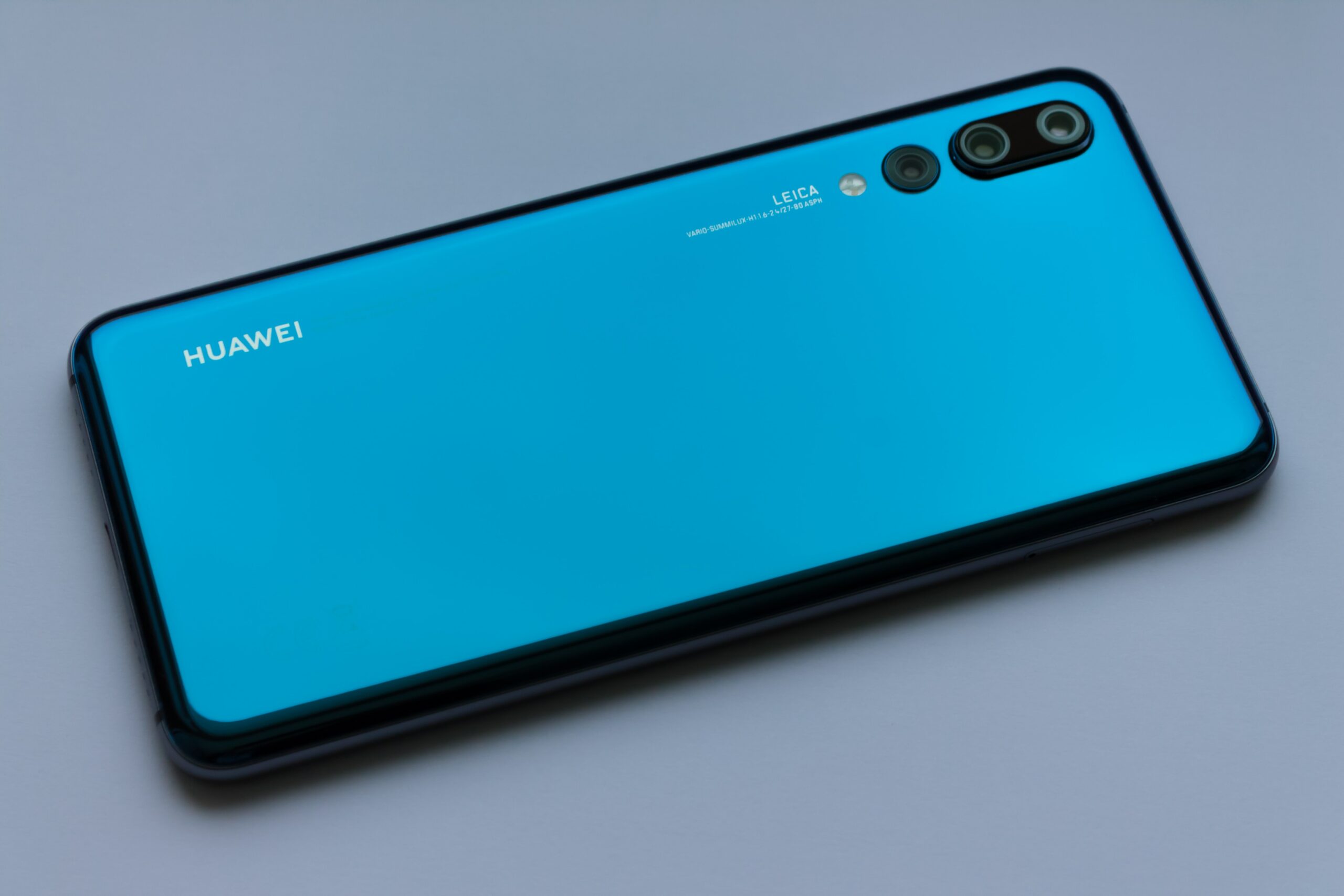The "Ericsson List" project revealed that the telecommunications giant participated in a widespread corruption scheme. These abuses are part of a trade war context.
The Swedish telephony giant has committed crimes in Iraq, according to the Ericsson List project, even as it negotiates with American justice a solution to the lawsuits brought against it for having violated anti-corruption laws in other countries country. This investigation, carried out by the International Consortium of Investigative Journalists (ICIJ) and 30 media partners, including the investigation unit of Radio France, reveals that Ericsson has paid money to several actors in this country in order to maintain its activities. in the country despite the context of war.
Why take such a risk? Some experts explain this inconsistency by the importance of the financial stakes represented by a market which could be even more competitive with the advent of the new generation of mobile telephone technology, known as 5G. According to Robert Atkinson, founder and president of the Foundation for Information Technology and Innovation, this competition is particularly intense in emerging markets such as the Iraqi market.
5G will represent a big leap forward, as it is a response to the increase in the number of smart devices that are crowding existing radio frequencies. In the fight to conquer this market, there are three main players. First there is Ericsson, which controls nearly 15% of the global telecommunications infrastructure market, according to research firm Dell'Oro Group. The company's largest footprint is in the United States, with more than $113 million in contracts with the US government since 2008.
But, as big as Ericsson is, it is now eclipsed by China's state-backed giant Huawei Technologies Co., which controls around 30% of the global market. Huawei announced early last year that it had signed more than 1,000 5G contracts worldwide. Some experts, however, believe that China's aggressive economic policies, which encourage exports and limit imports, have distorted the market by propelling Huawei ahead of its competitors.
Finally, in this trade war, the third major player is the Finnish company Nokia. Its largest contract, worth $ 3.5 billion, was awarded in 2018 to accelerate the deployment of 5G for the account of the American operator T-Mobile. Although Nokia has about as much market share as Ericsson, the company has been in decline for several years.
Viewing Huawei as an agent of the Chinese government, the United States and other Western democracies block it from entering their market. As evidence of Huawei's submission to political power, they cite Chinese laws that require Huawei to release company data to the government if requested to do so. Western players also fear that, in the event of a global conflict, China could ask Huawei to cut its services, which would cause major disruptions.
In an instant, nations could be deprived of access to banks, hospitals and other essential service providers. “They might say, 'By the way, we're going to invade Taiwan and if you intervene we'll turn off your 5G network remotely',” Robert Atkinson further explains. In 2020, Sweden joined a handful of countries that ban companies from working with Huawei or using their equipment for their 5G networks. China retaliated by awarding Ericsson a much smaller than expected share of Chinese 5G contracts.
As a result, the United States and other major democracies rely heavily on Ericsson, while China almost exclusively uses equipment from Huawei. The small countries of Asia and Africa have become secondary battlefields. To conquer these markets, both Ericsson and Huawei have been accused of paying bribes. A US Department of Justice investigation found that Ericsson had committed ethics violations in five countries. The group had notably paid bribes to civil servants in Djibouti, China's strategic entry point into Africa.
But Jacob Helberg, a senior adviser at Stanford University's Center for Geopolitics and Technology, believes Huawei is no slouch. According to him, payments of bribes to political leaders from the Chinese giant would also have distorted the market. “Other telecom companies that want to compete with these state-backed players like Huawei, are under great pressure to engage in similar practices in order to compete,” he explains.
After the revelations of corruption made by the ICIJ and its 30 partners, including the investigation unit of Radio France, Ericsson announced that the company would improve its ethics and compliance program. Huawei, on the other hand, has always rejected any allegations of questionable business dealings, stating on its website: "Huawei believes that bribery seriously harms fair market competition and poses a threat to the development of our society, our economy. and our businesses."



